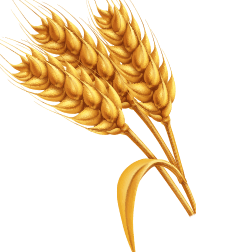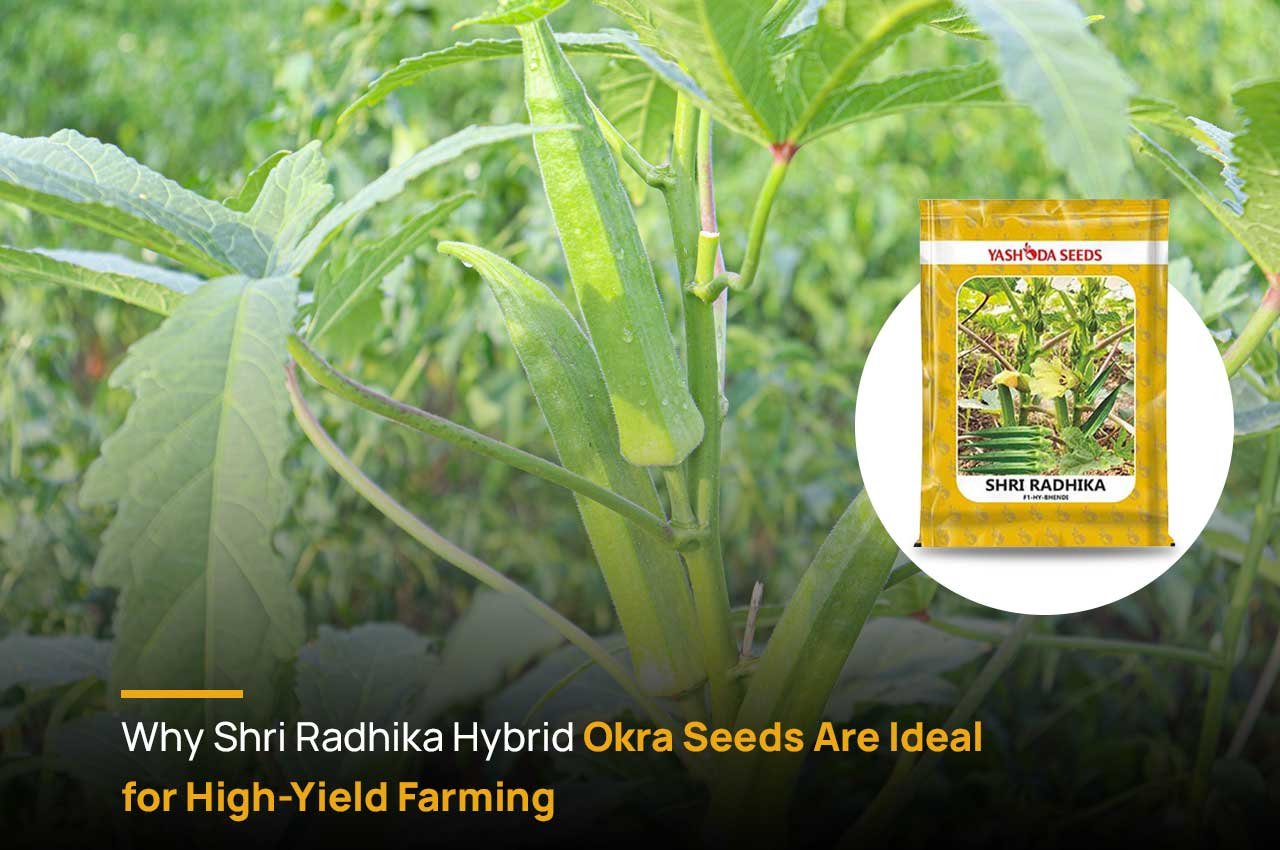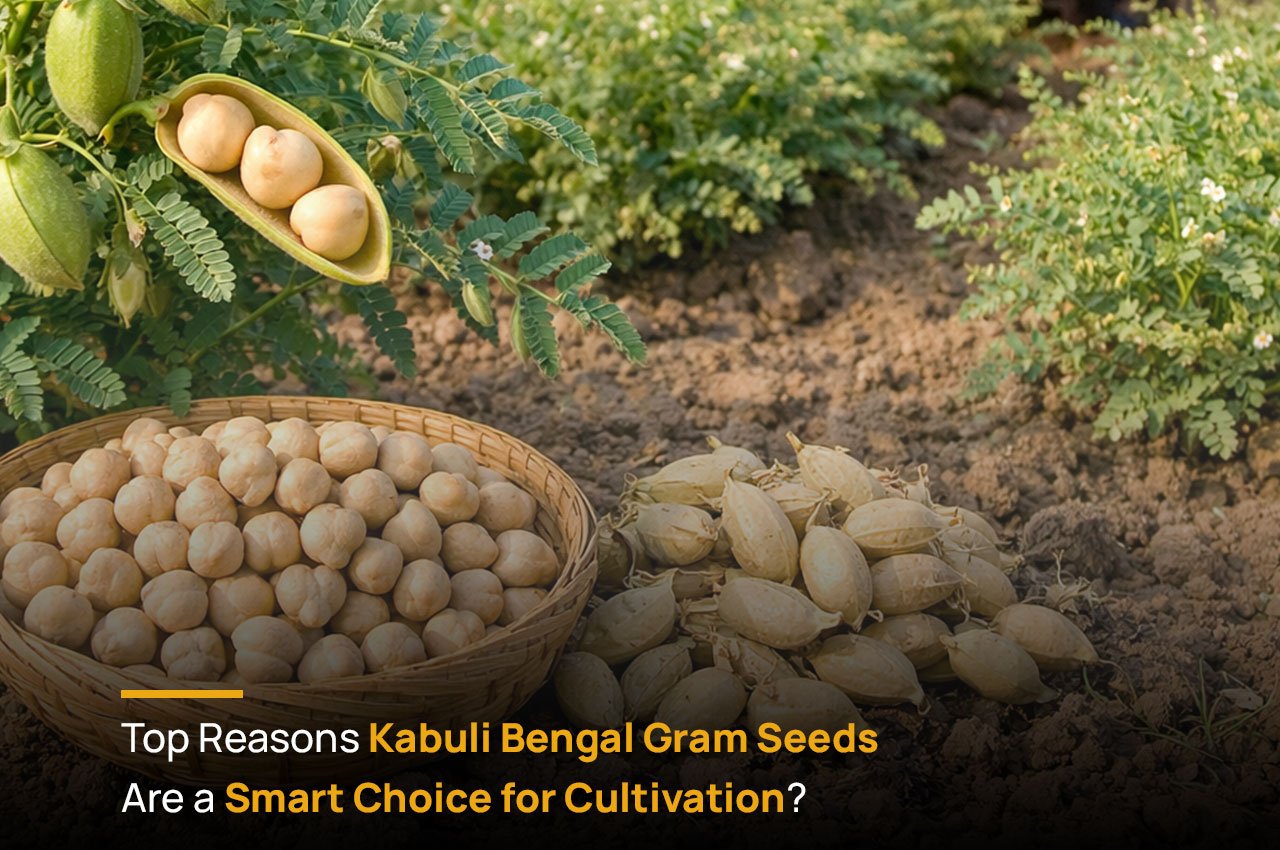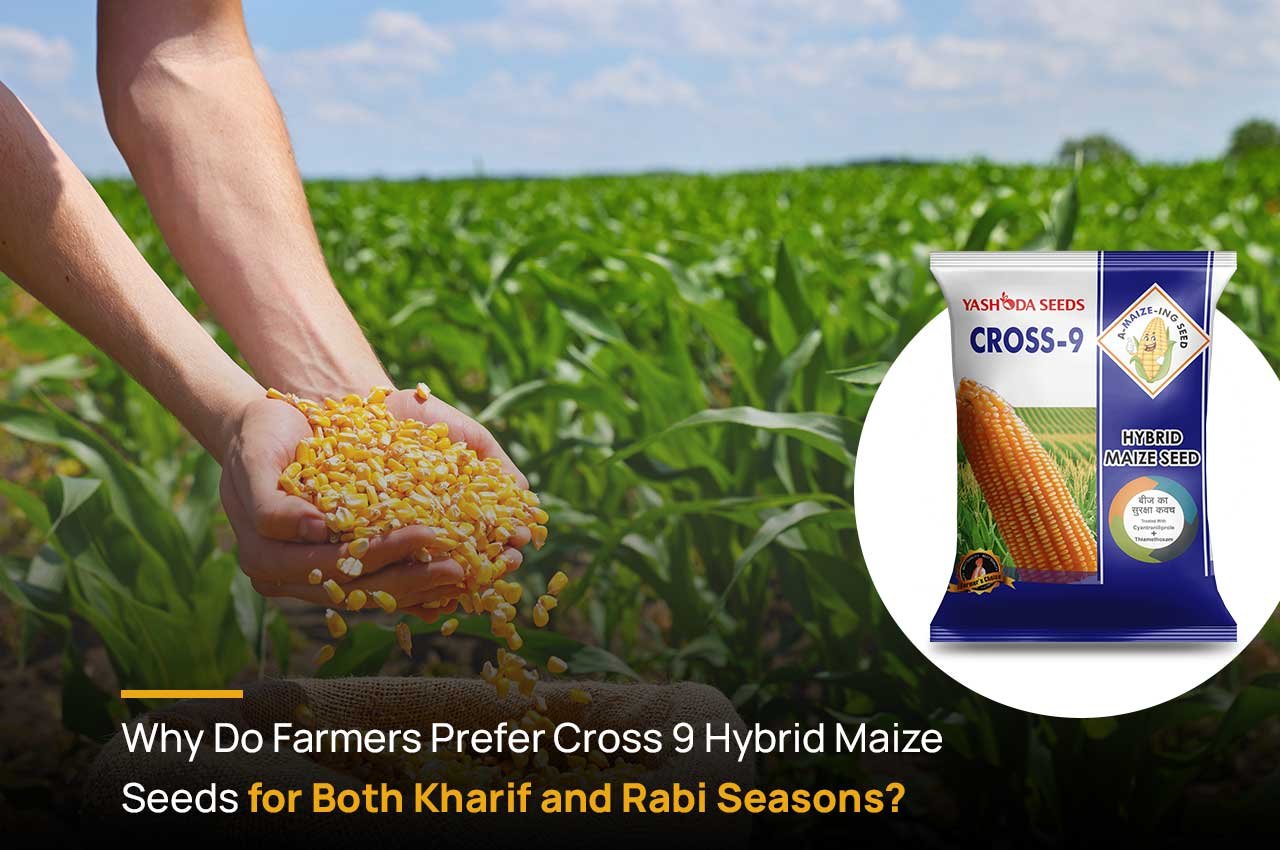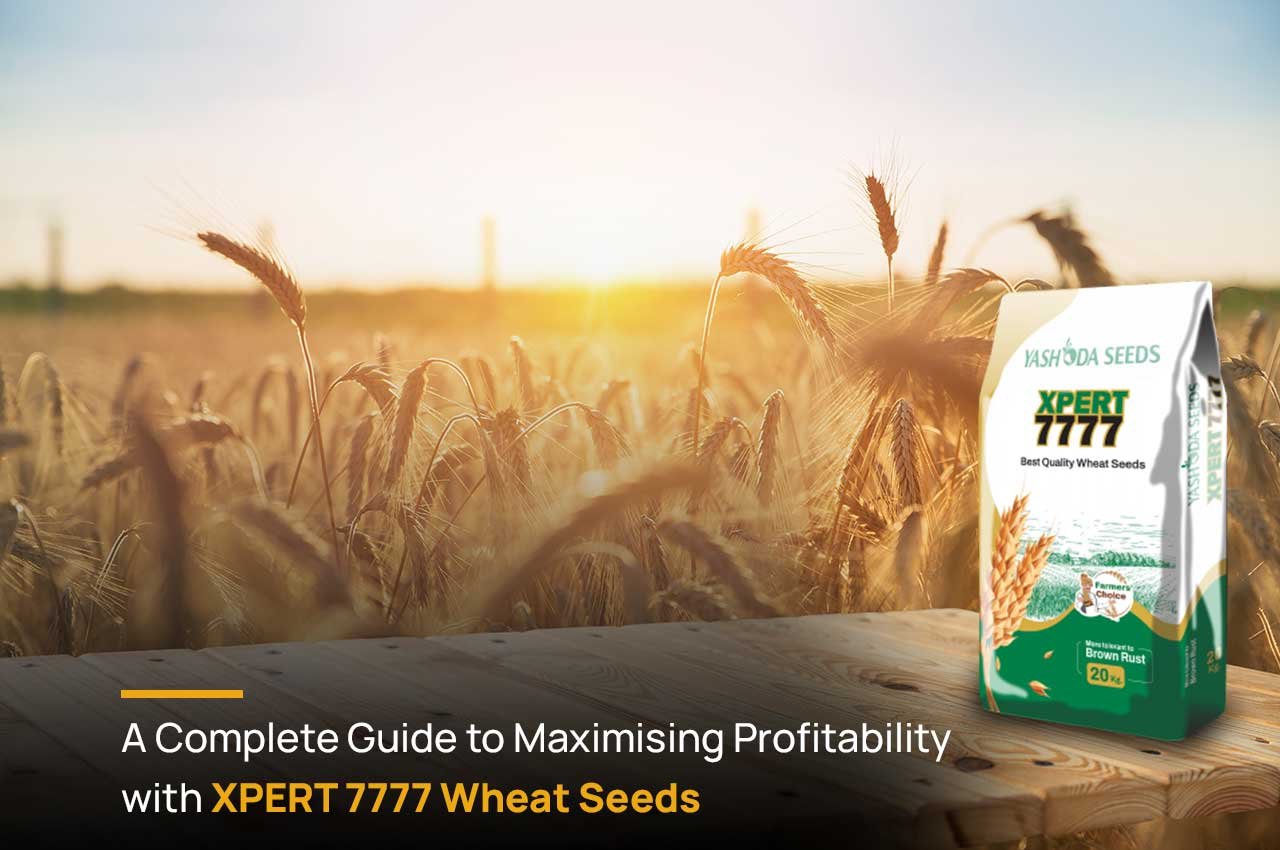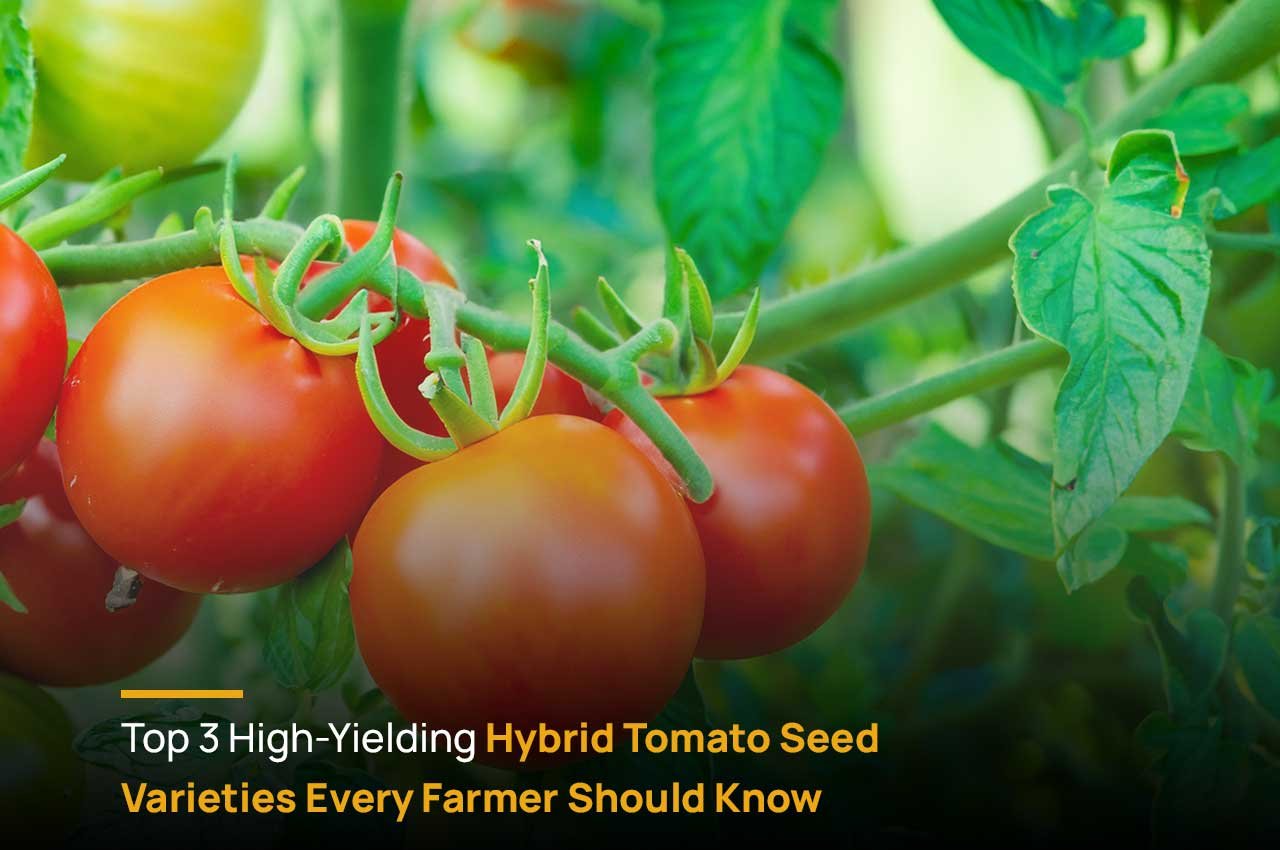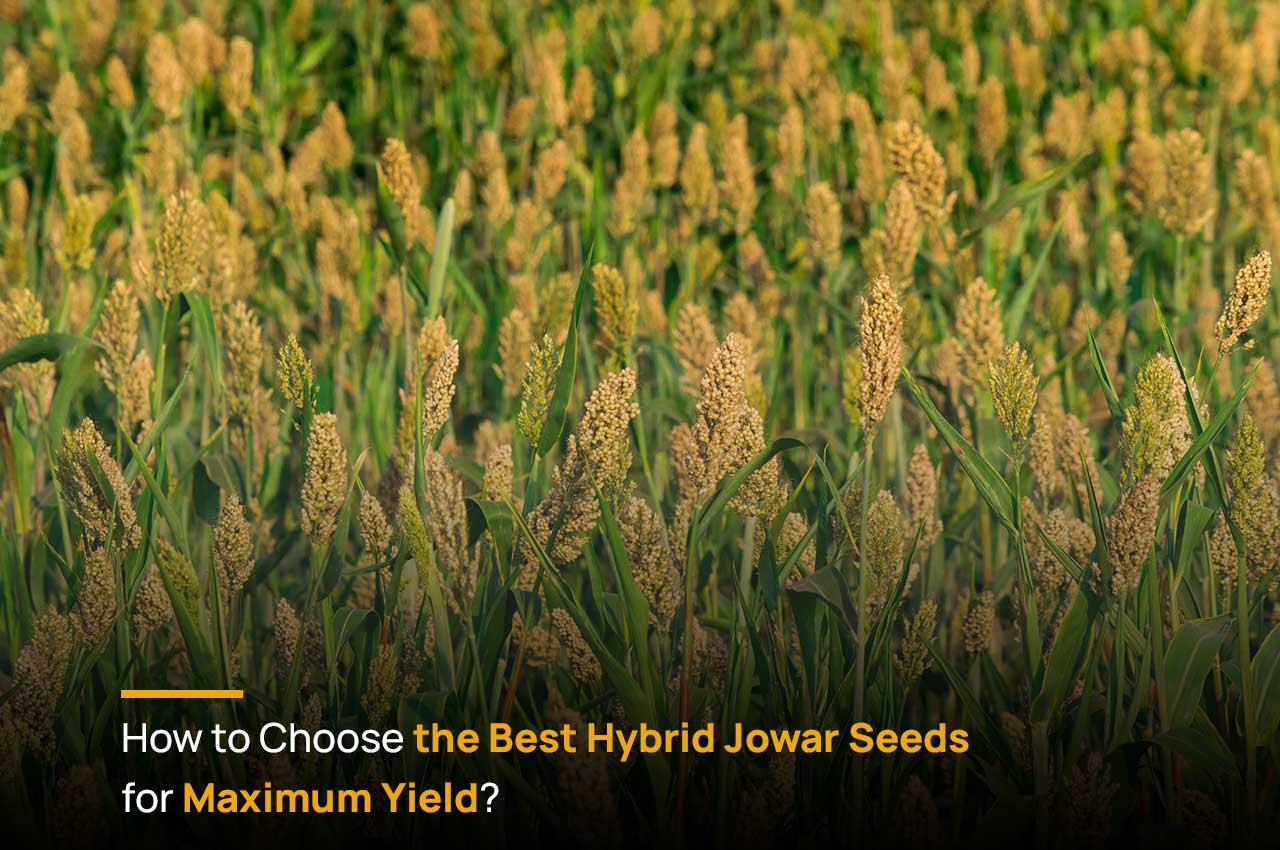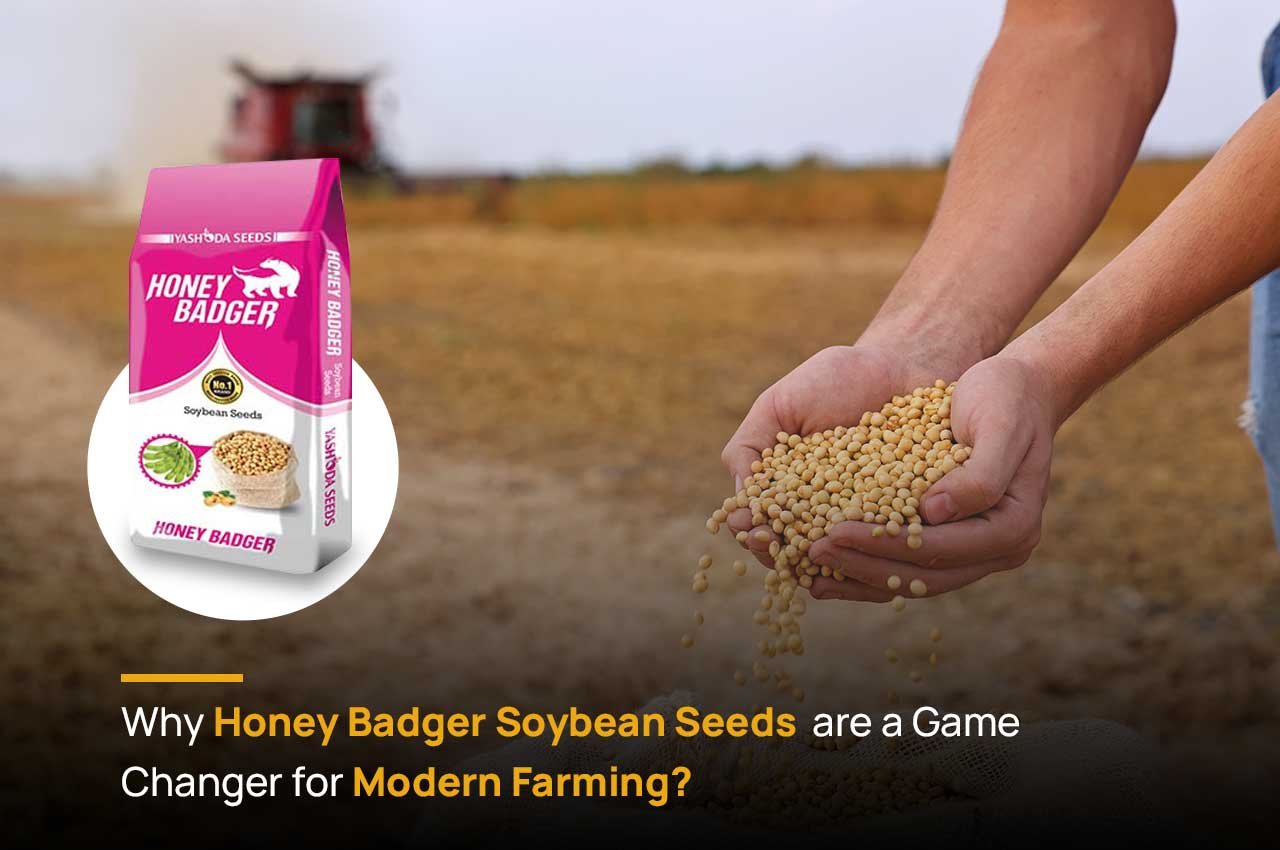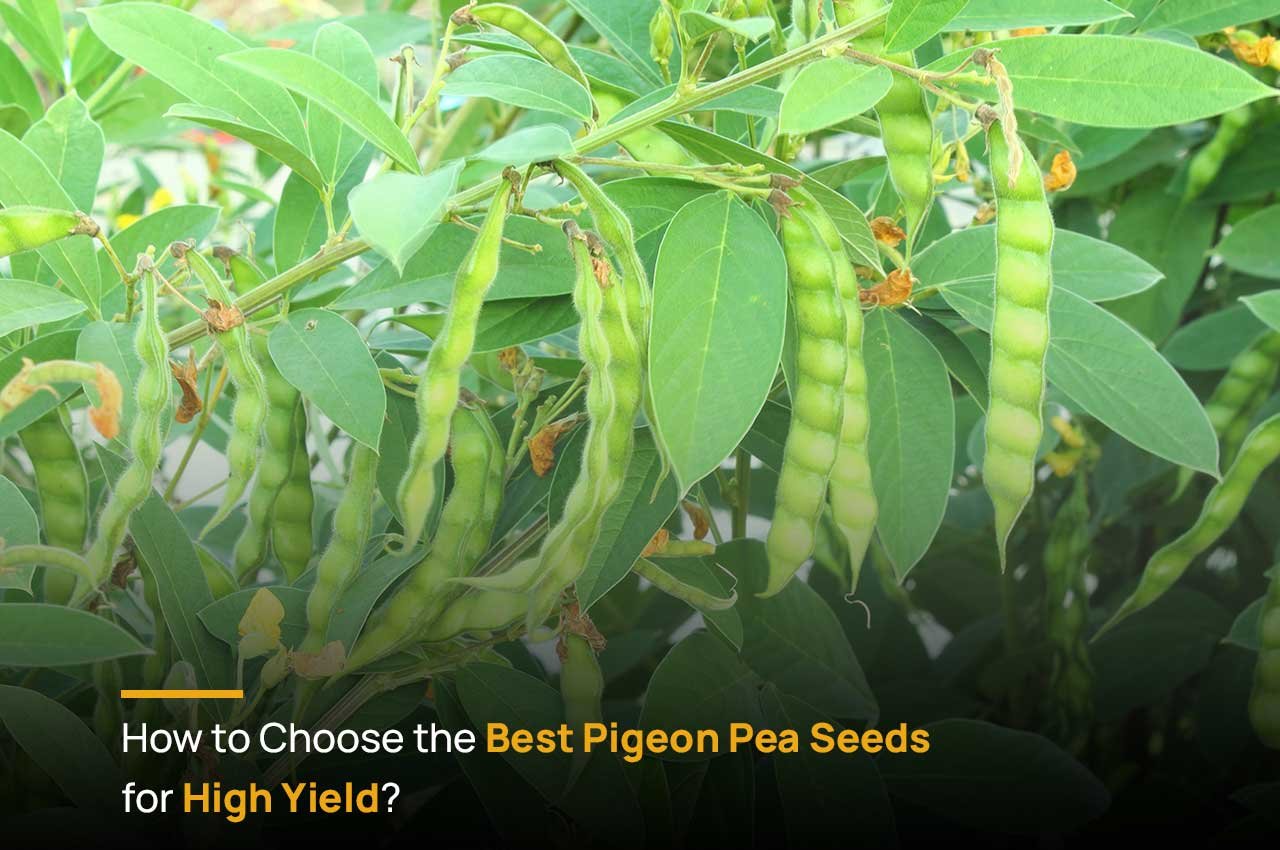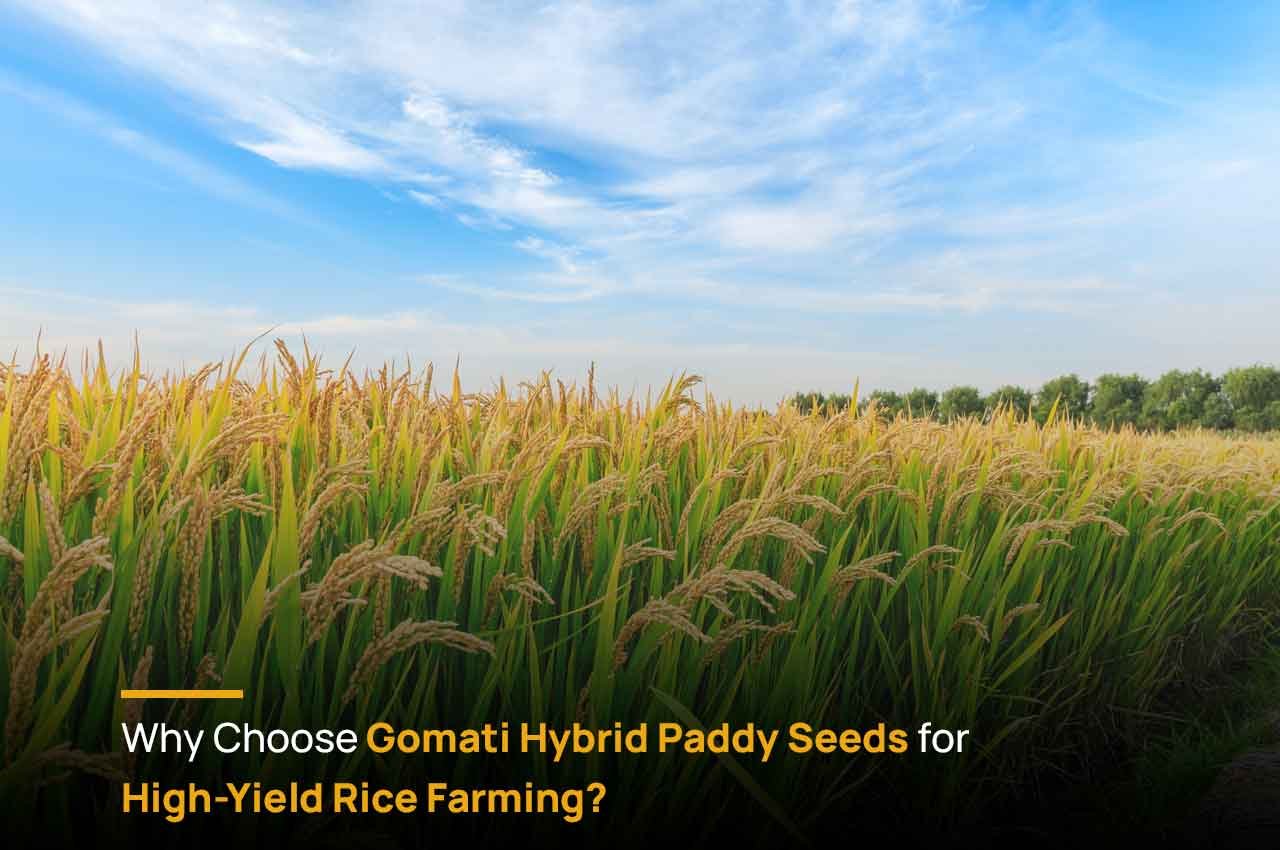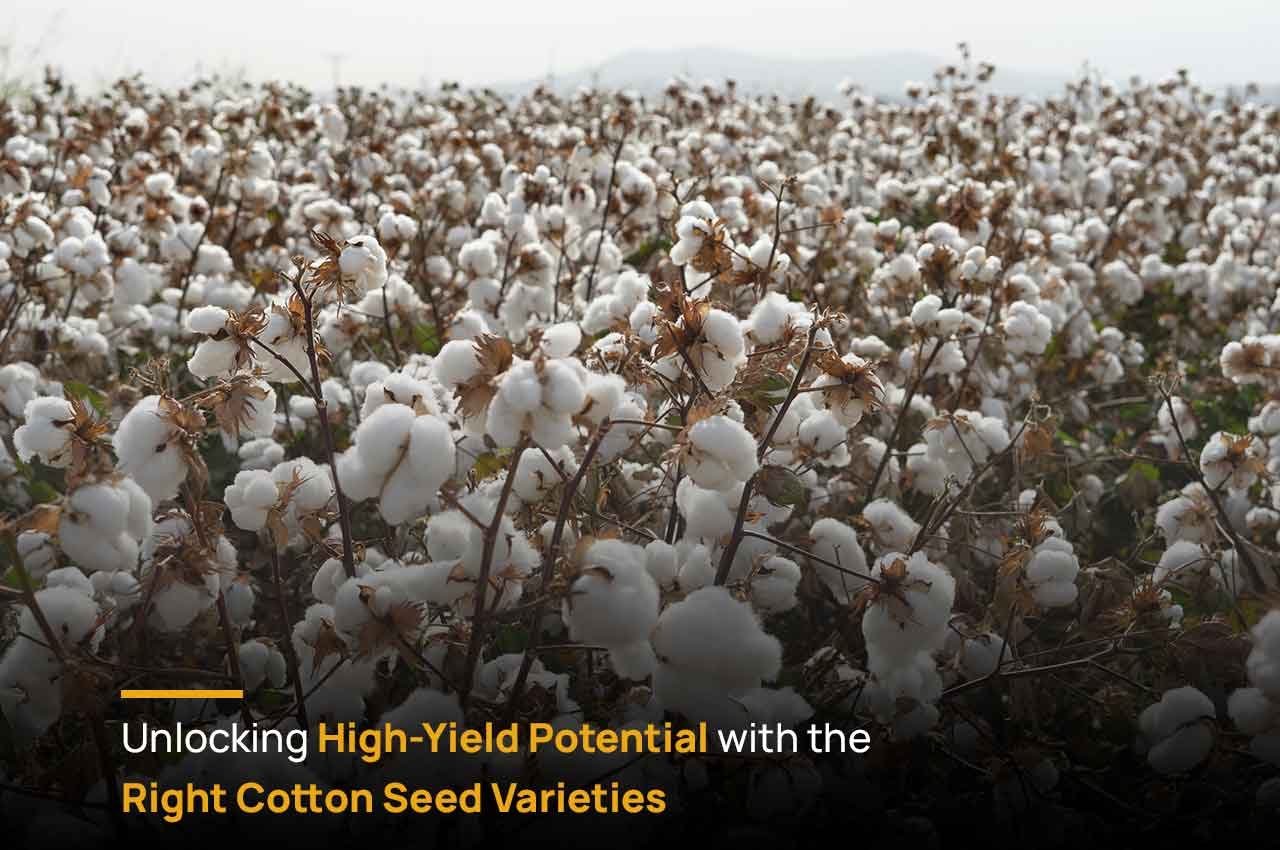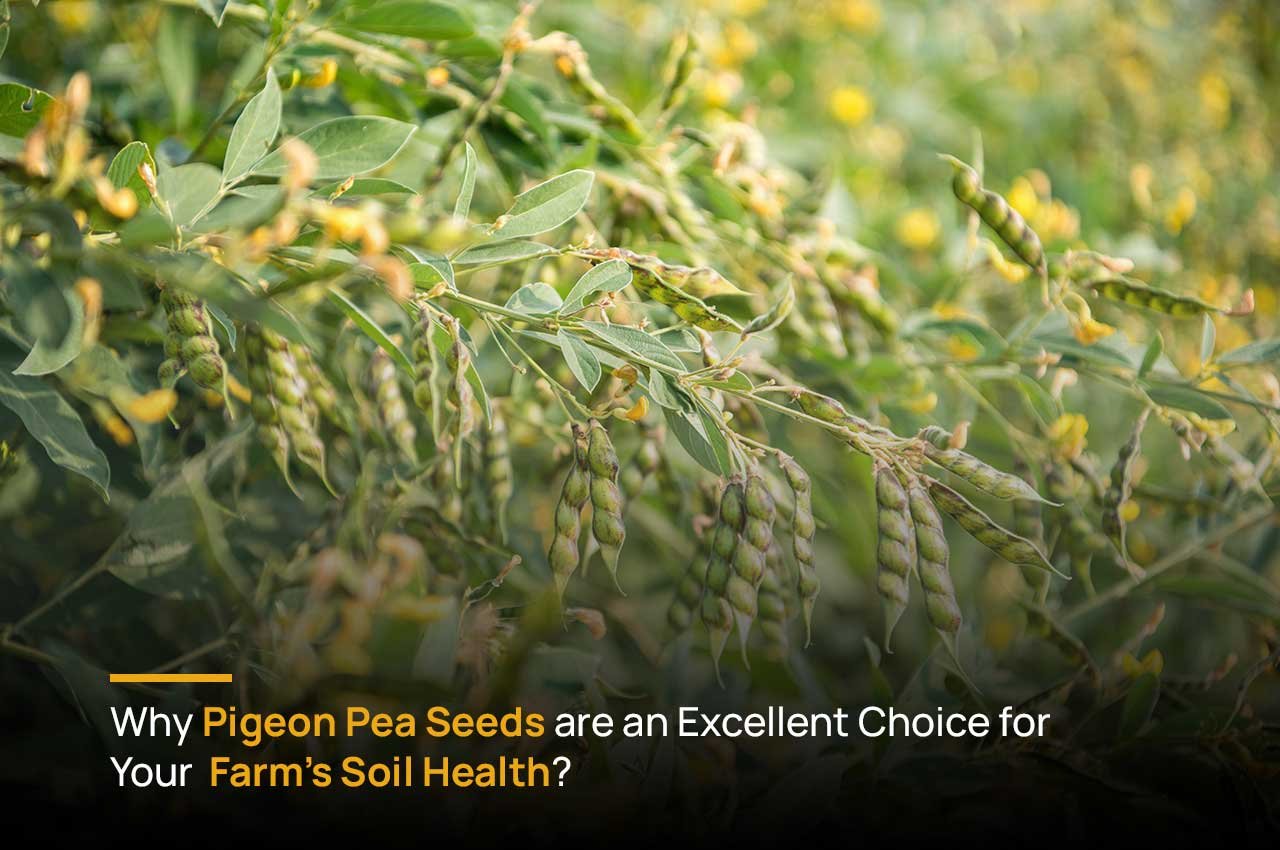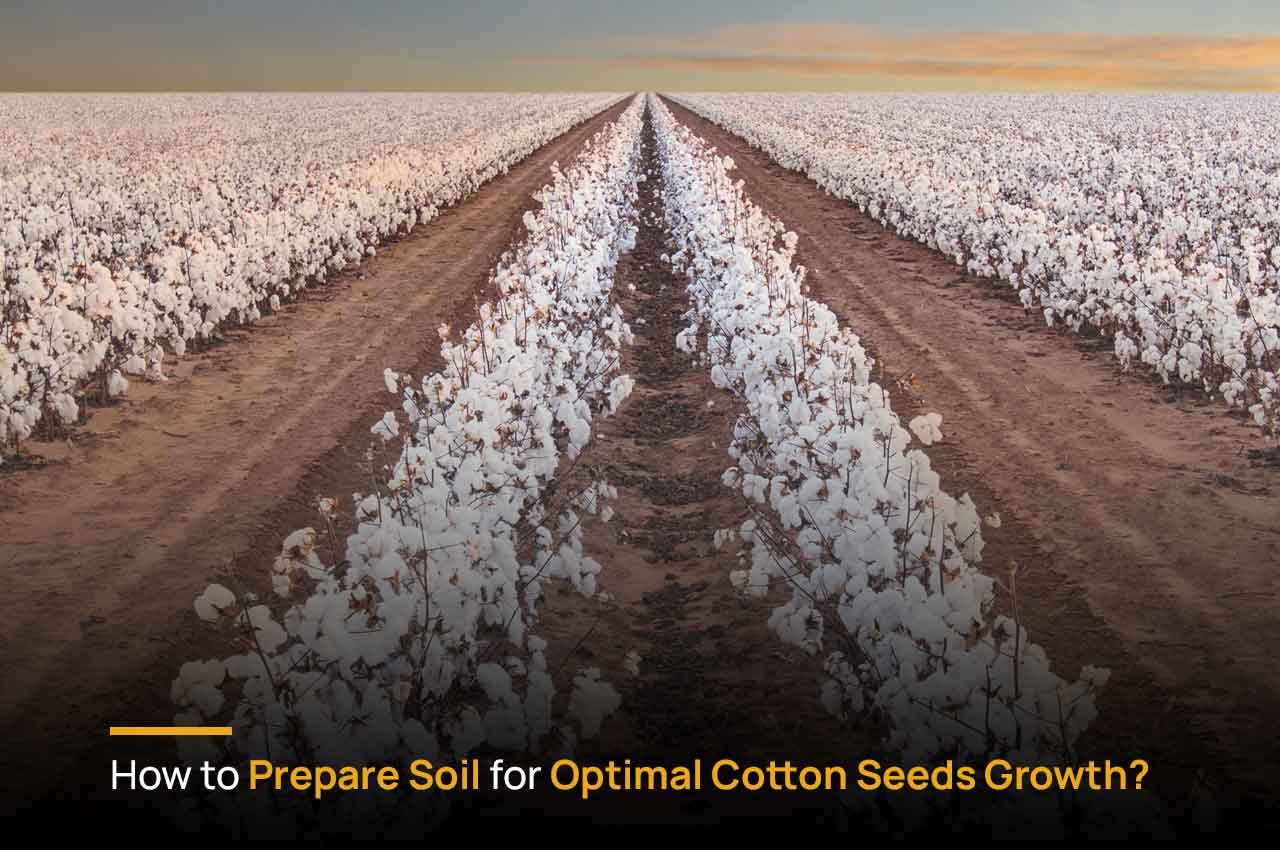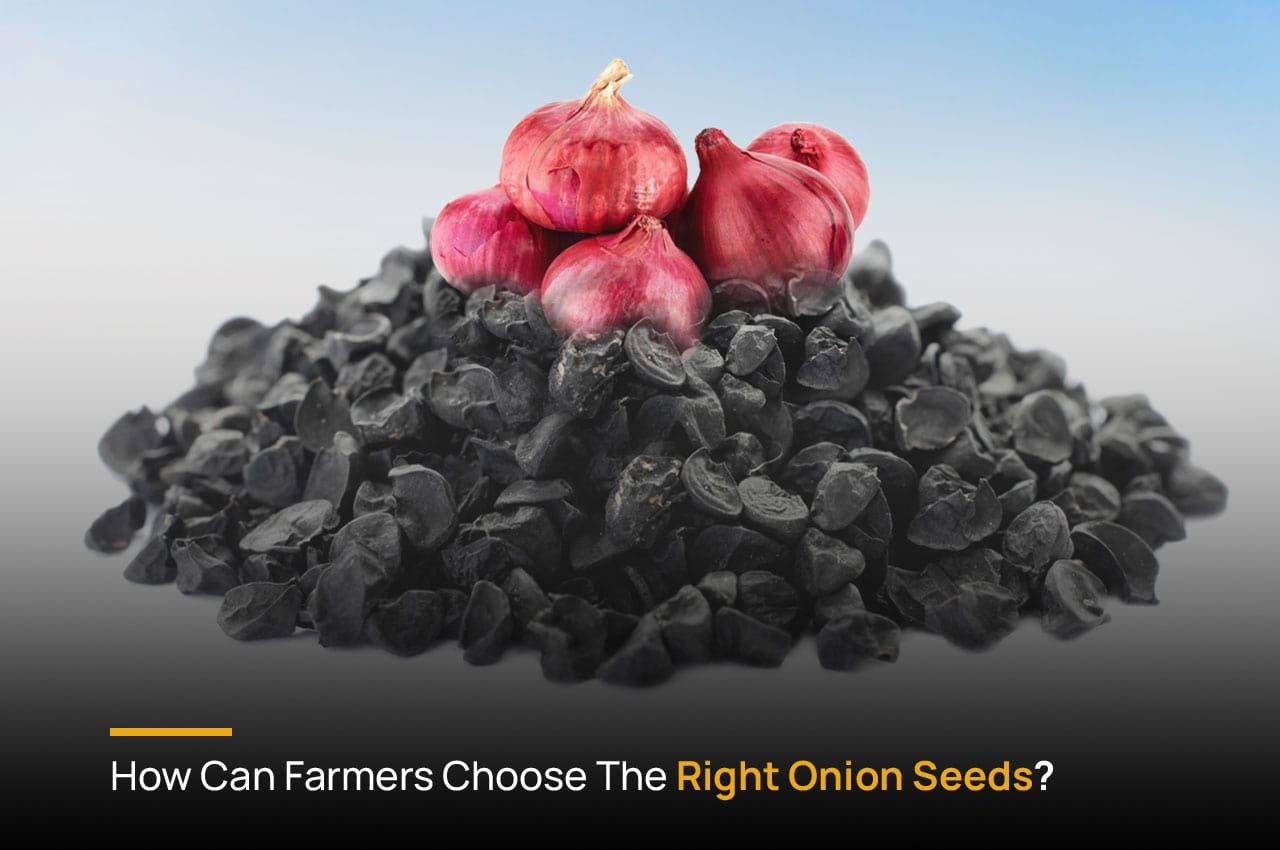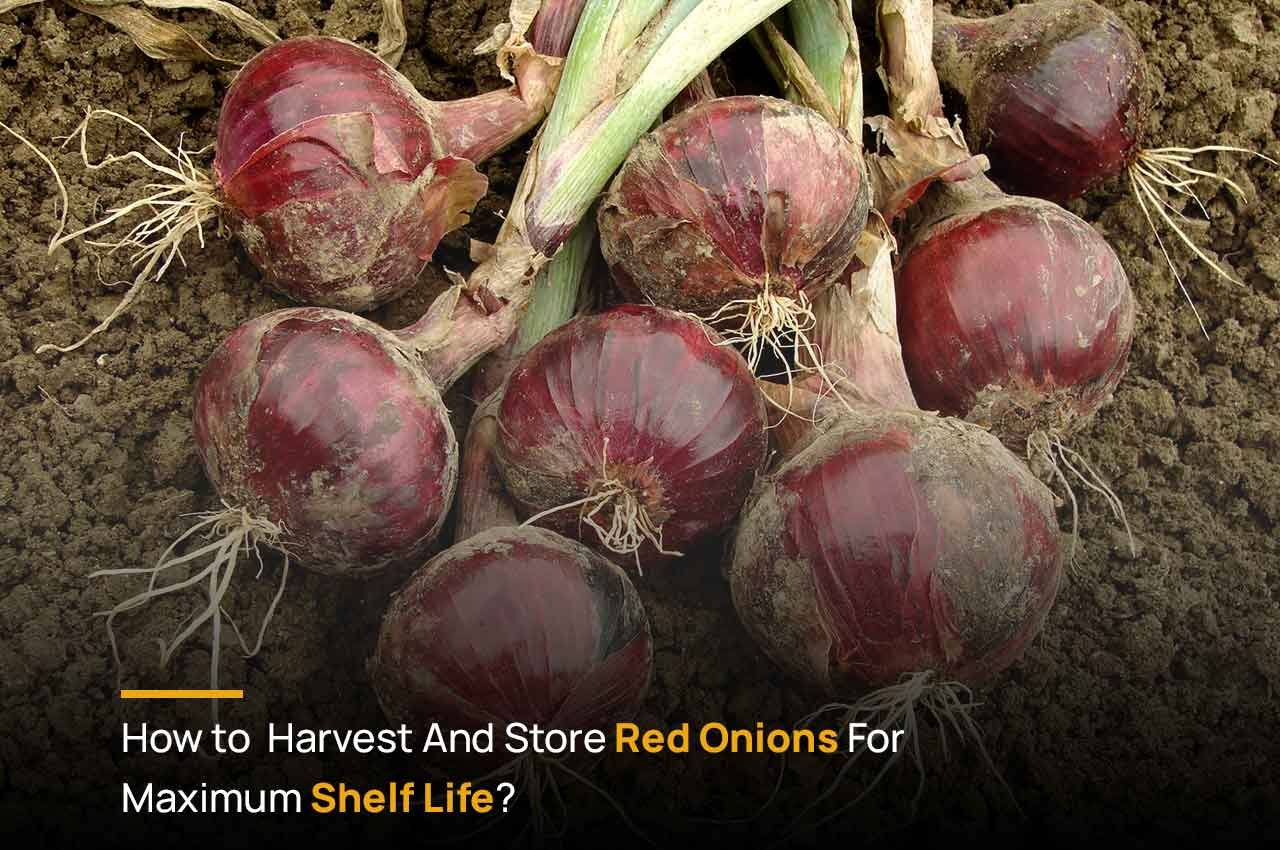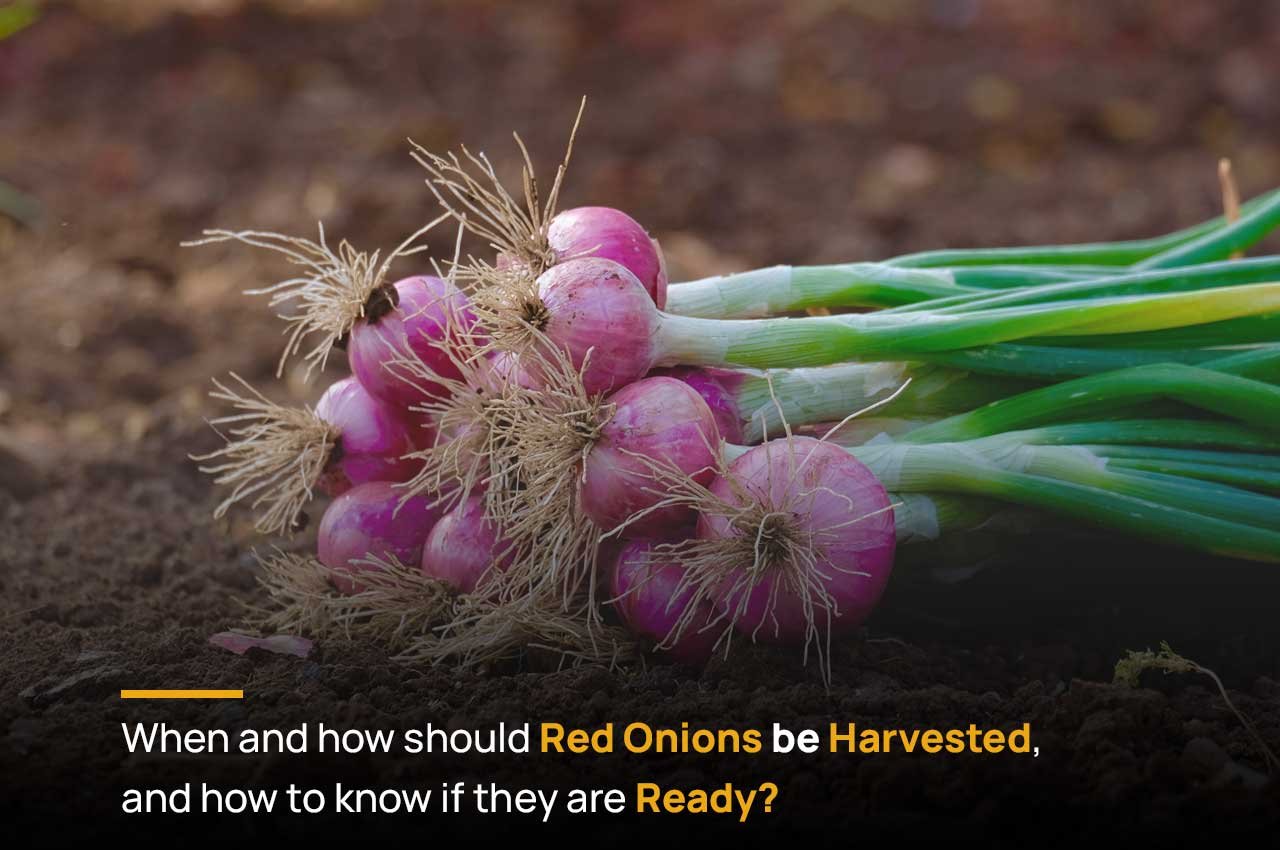
Why Choosing the Right Maize Seed Variety Matters to Your Farm?
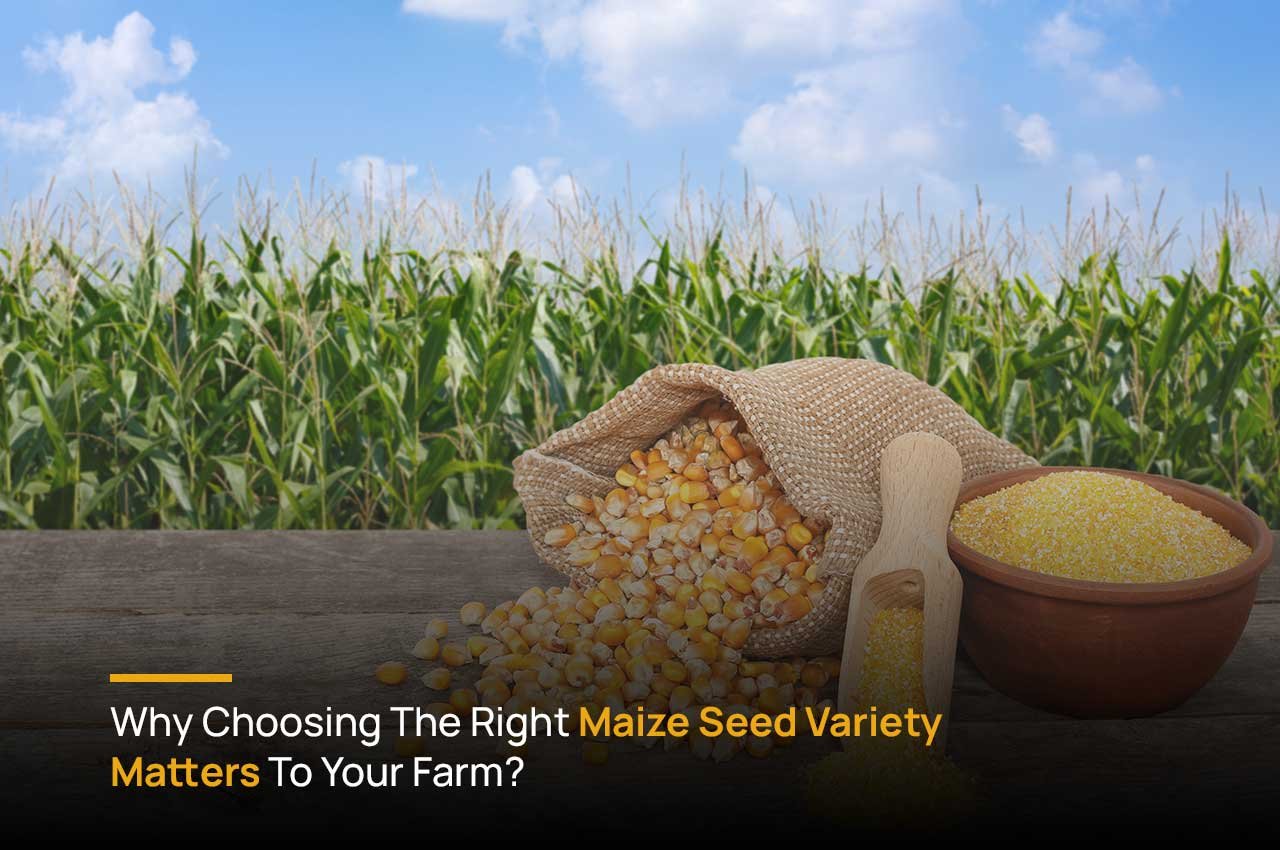
In modern-day agriculture, productivity is all about the quality of the inputs, and none is more critical than your seed. For maize farmers, the quality of maize seed variety is what will make or break the bumper harvest or a bad season. It is not a matter of planting whatever seed you lay your eyes on, your farm location, climate, soil, and cropping goals all demand serious consideration in selecting the best maize seed.
Here’s why your choice of maize seeds is more significant than you know:
1. Impact on Yield and Profitability
The general goal of all farmers is to obtain high yields with good market prices. High-quality maize seed varieties are bred specifically to have higher yield potential, resistance to pests and diseases, and improved adaptability. By selecting the best maize seed for your farm condition, you can boost productivity per acre by a significant measure, resulting in higher profits.
Hybrid corn seeds, for example, are grown to be robust and yield more. Such seeds may be more expensive initially, but the harvest will typically be worth the expenditure. With good agronomic management, a high-yielding variety of corn will double or triple your harvest compared to the old breeds.
2. Local Climate and Soil Adaptability
Maize is sown in diverse climatic zones, from hot and humid to cool and temperate. Maize seed types respond differently to these conditions. A type that performs well in Punjab plains will not do so in hilly areas of Uttarakhand. Seed performance is also affected by soil pH, texture, and moisture-holding capacity.
Choosing an excellent maize seed is choosing one that is suitable for your agro-climatic zone. Seed vendors and agricultural extension agents today readily provide localised information. By choosing the seed according to the specific needs of your area, you achieve optimum germination, plant growth, and quality yield.
3. Resistance to Disease and Pests
Maize crops can be killed by crop diseases such as leaf blight or insects such as the fall armyworm. Fortunately, most of the new seed varieties of maize are bred to be resistant to or tolerant of key diseases or insect pests. With a resistant seed, you can reduce the application of chemical pesticides, save money, and adopt more eco-friendly agriculture.
For instance, if your region is susceptible to maize stalk rot, you need to choose a variety resistant to it. Using such smart techniques keeps the crops healthy and produces evenly annually.
4. Maturity Stage and Harvest Date
Different maize seeds take different maturity periods, some within 90 days, others take 120 or more. It is important that you select a type of seed that best fits your farming programme, especially if you practise a multi-crop rotation system.
Short-duration varieties can be pre-harvested and leave space for the next crop, while long-duration varieties can be suitable where maize is the prevailing crop. Your best maize seed will be based on your general farm planning, irrigation capability and market demand timing.
5. Grain Quality and Market Preferences
What matters isn’t the quantity of corn planted, but the quality it delivers. Grain weight, size, colour and the level of nutrients determine market value. Based on whether you are planting corn for animal feed, or for human consumption or industrial use, your seed choice will be different.
High-quality maize seed varieties provide a uniform, high-quality grain that fetches premium prices at the market. Others can be fortified with additional protein or starch, depending on the end-use. Selecting seeds that appeal to your customer’s desire can assure repeat business and better profits.
6. Long-Term Sustainability
Choosing appropriate maize seed also secures the sustainability of your farm. Drought or water-saving varieties can save you money on irrigation. Likewise, deep-rooted types can prevent erosion.
Through the adoption of improved maize seed technologies, farmers are able to reduce the environmental footprint of maize production and increase climate variability resilience, a main concern of the agricultural industry today.
Final Words
With maize farming, you sow and reap. With the numerous varieties available today, one should not be in a hurry to learn, to consult agronomists, and to experiment on test fields before purchasing the best maize seeds for your farm. Whether you are a small holder looking for food security or a business farmer looking for high production, an investment in the right maize seed variety is the secret to success.
So choose well because a good harvest begins with a good seed.For farmers seeking dependable performance, Yashoda Hybrid Seeds Pvt. Ltd. offers many powerful hybrid maize seed varieties, some examples are Yashoda Safeed hybrid maize seeds, Yashoda Gold hybrid maize seeds and Hybrid Maize Seeds PM-303.These hybrids are developed with advanced breeding techniques to ensure high yields, excellent disease resistance, and adaptability to various agro-climatic zones.
Whether your focus is on grain production, fodder, or dual-purpose use, these hybrids have been tested across regions and consistently deliver strong results. Choosing a trusted brand like Yashoda ensures quality assurance and expert guidance, giving your farm a competitive edge.


